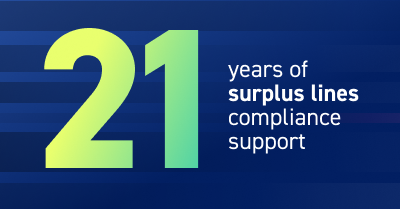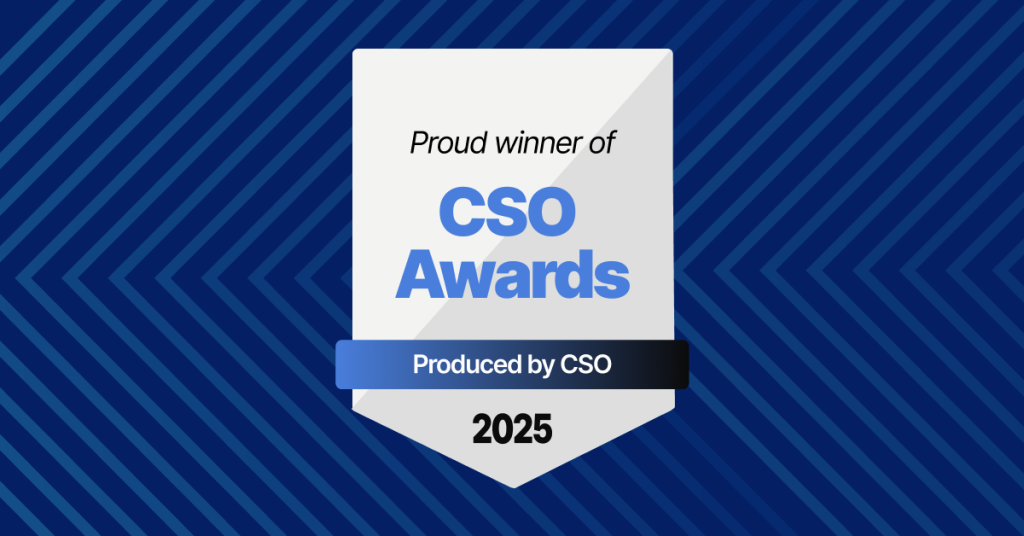Elaine is a Marketing Associate at ReSource Pro Compliance
Newcomers to the insurance industry often wonder, “What’s limited about limited lines?” With over fifty different limited lines of authority on offer in various states, it would seem to be the most unlimited type of insurance. It’s actually very simple.
In contrast to the major lines of authority, limited lines allow licensees to sell only more narrowly defined insurance products. The NAIC’s Uniform Licensing Standards (Revised 11.30.12) (ULS) limits states to nine or fewer limited lines. This total must include certain “core” lines. The ULS also sets out standards for state lawmakers and regulators to create additional, “non-core” limited lines.
Core Limited Lines
The NAIC Producer Licensing Model Act (MDL-218) defines one core limited line: credit insurance. The Appendix A of the ULS adds three more: car rental, crop, and travel insurance. The ULS also refers to surety as a limited line, although many states treat it as a major line. Frequently, regulations now include it under the broader casualty line. In either case, however, it excludes surety bail bonds.
Credit
Credit insurance protects borrowers against the risk of being unable to repay a debt due to specific circumstances beyond their control. Thus, typical products include life, disability, and involuntary unemployment coverages. Usually, the rates, forms, and underwriting conditions are less complex than other types of limited lines insurance.
Insurers can structure credit insurance as either group or individual policies. An individual who enrolls insureds in a group credit policy does not have to get a limited lines license if they do not receive a commission for their efforts and do not solicit, negotiate, or sell the coverage.
Car Rental
Car rental insurance is fairly self-explanatory. It protects against certain losses incurred while renting, driving, or riding in a rented vehicle. Policies typically cover accidental death or dismemberment, medical expenses resulting from an accident, renter’s and authorized driver’s liability, loss of or damage to personal effects, roadside assistance, emergency sickness, and so on.
In some jurisdictions, the person selling the car rental insurance policy may need to hold an individual license. In others, the rental car company is the licensee. It is therefore legally responsible for the training and conduct of its staff.
Crop
Crop insurance offers reimbursement for damage caused by severe weather, fire, flood, insects, disease, etc. The ULS established two types of products: crop/hail insurance and multiple peril crop insurance (MPCI). Generally, admitted insurers offer crop/hail products, financed entirely by the private sector. Rate and form approvals fall under the jurisdiction of state regulators. This approach works because the loss history for the covered risks is well understood. In recent years, however, greater-than-average losses attributed to climate change have raised concerns about the future viability of this market.
Multiple peril crop insurance covers nearly all forms of natural disasters and certain types of equipment failure (if used appropriately) where a single event results in multiple losses. While private insurance companies create and distribute MPCI products, they are often underwritten by the federal government. Otherwise, the capital needed to support such programs—even with the help of reinsurers—could easily be prohibitive. The Risk Management Agency (RMA) controls rates and forms, but licensing and market conduct oversight remains with the states.
Travel
The travel limited line covers personal risks incurred during planned travel. Insurance products might cover financial costs arising from the interruption or cancellation of a trip, damages to temporary accommodations or rental vehicles, and loss of baggage or other personal effects.
Travel coverage may also pay for the care required for sickness, accident, disability, or death while traveling. It does not replace major medical plans intended to cover individuals traveling or living abroad for extended periods—typically 6 months or more.
The ULS makes provision for licensing a business entity as a “travel retailer.” One or more licensed individuals must work for the retailer, however; and take legal responsibility for its actions.
Non-Core Limited Lines
Standard 37 of the ULS outlines the criteria for state regulators to create additional, limited lines of authority (LLOA):
A state is not required to implement any non-core limited line of authority for which a state does not already require a license or which is already encompassed within a major line of authority; however, the states should consider products where the nature of the insurance offered is incidental to the product being sold to be limited line insurance products.
Put more simply, states can require a limited lines license for types of insurance products not specifically listed under a major line of authority or already categorized as a limited line product. Common examples of non-core limited lines are portable electronics insurance, pet insurance, self-service storage facility insurance, legal expense insurance, and pre-funded funeral arrangements. There are also more unique lines. Hawaii, for example, offers a LLOA for vending machines, while Maryland provides a specific one for peer-to-peer car sharing.
Some states list title insurance as a limited line. Bail bonds, as a limited form of surety, are also treated as a type of limited lines license. Unique regulatory issues and requirements make these lines of authority distinct from other LLOAs.
Getting Your Limited Lines License
One advantage to limited lines is that licensees are exempt from many compliance requirements common to other license types. For example, only a quarter of states that issue a limited line credit license require candidates to take an examination. Only three require any continuing education credits, and the maximum number is 10 hours. No state requires potential credit licensees to complete a pre-licensing education course, although most have a “company training requirement” that mandates that carriers educate agents about the relevant insurance products. Requirements are comparable for other types of limited lines licenses.
Additionally, non-resident licensing for limited lines of authority can be a little more complicated. The little differences between jurisdictions mean that would-be licensees need to read insurance code definitions carefully to be sure they apply for the correct lines of authority.
Find out how ReSource Pro helps insurance agencies and producers meet their licensing and compliance needs by visiting our compliance page.



